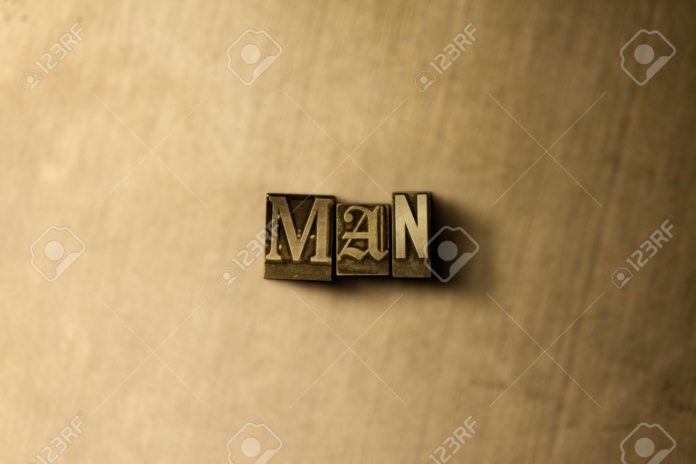
I finished the Gospel of Mark in the new translation by David Bentley Hart. I also finished a chapter in Tragic Sense of Life by Miguel de Unamuno, which was written in 1912 and translated by J. E. Crawford Flitch. The two translations are a century apart and aimed at two different purposes, but they share one thing in common: they make no apparent effort to use inclusive language.
Yes, I know the (male) writers back then–whether in biblical times, the beginning of the last century, or almost any time in between–didn’t think about stuff like that. Mrs. White, my social studies teacher at Lusaka International School told our seventh grade class that “man” stood for everyone.
Except it doesn’t. It never has, really.
We name what matters to us. If we only name the men and say that covers everyone, what we are really saying–and what we have actually been saying for centuries–is that men are the ones that matter because we have different names when it does matter, that is when we need to make a distinction. But that is not the only time it matters to name everyone.
It always matters.
Even though I have been moved and challenged by both books, I have also been exhausted by having to do my own translation to widen their scope, and I have been saddened to think I can’t recommend them without explaining their egregious blind spot. Or perhaps I give the two translators too much credit. They may have done it on purpose. It doesn’t matter in one sense: the impact of their choice far out shadows their intent. The damage is done.
And it is damage, not semantics.
I don’t care if someone wants to use history, tradition, linguistics, or theology to justify using man instead of humanity. It’s not a matter of word choice. It is a matter of compassion and humanity. Exclusive language leaves people out.
And all people–not all men–are created equal.
The exclusivity goes beyond our language around gender. As the pandemic has unfolded, i keep hearing about the ways in which “Americans” are having to learn to live with uncertainty around jobs, food, school, and life. The truth is that those who are having to learn those lessons are mostly white people. There are millions of Americans who lived in poverty and food insecurity and without reliable health care before anyone knew about Covid-19, but they have been invisible because they have not been named either.
I know of two gay couples in our little snow-globe town who have been verbally accosted for walking together by people shouting “Social Distancing” as they drive by. No one has yelled at Ginger and me.
What I am saying is not new. Neither is my anger or frustration. Tonight it feels fresh because Hart has brought new life to the New Testament in many ways and I am saddened that his imagination fell short of finding a way to include those who don’t look like him such that, fresh or not, he falls in the stack with all the other male translators that have settled for naming themselves as included and thinking that would be enough.
I don’t know much about David Bentley Hart other than what he wrote in his introduction to his translation of the New Testament and what I read about him on his Wikipedia page. He wrote an earlier book called That All Shall Be Saved: Heaven, Hell, and Universal Salvation. I would love to know why one who trusts that all will be with God in the dimension beyond this one didn’t see a need to choose language that matched his theology.
I feel like I am picking on him and I don’t mean to do so. He is an example, not the problem.
I have spent the last half hour writing and deleting closing paragraphs that were admonishing, indignant, and incendiary. I didn’t start this looking for a fight, so I am not going to finish that way. When I started writing tonight, I didn’t know how the post would go, other than I felt compelled to talk about how sad it has felt to read the two books.
May we choose our words and name each other in ways that create room for one another to belong.
Peace,
Milton
Thank you, Milton, for addressing an often-ignored, glossed over use of man, manned, his…to represent all of humanity.
Yes, thank you, Milton. As a writer and speaker, I too wrestle with how to quote texts that were written non-inclusively. I typically give the writers the benefit of the doubt and « quote » them in inclusive language. A long time ago I stopped accepting the ´ »Baloney» that « man » stood for women too, because that is so obviously untrue in in social practice.
I join you in sadness. Thanks for naming your grief. And mine.